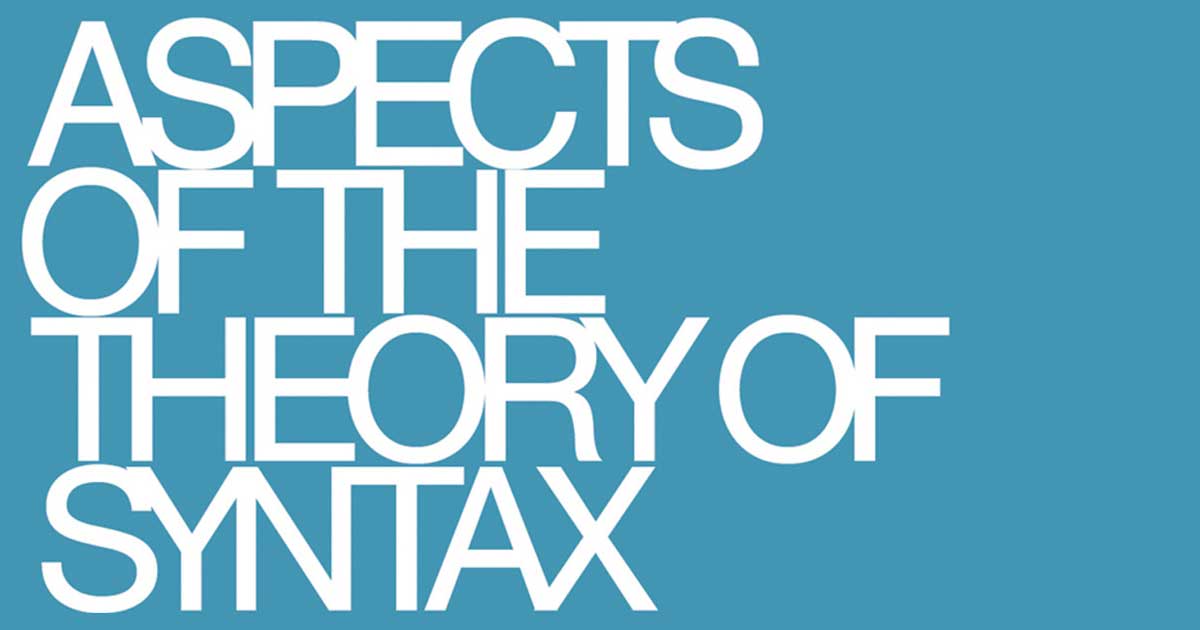
No, Critical Race Theory Isn’t a New Civil Rights Movement. (Just the Opposite)
Critical Race Theory has become a prominent subject in American political discourse. Several state legislatures have advanced measures aimed at banning it from public schools, on the basis that its rigid moral categorization of people as either “privileged” or “oppressed” is offensive and even racist. Yet supporters argue that Critical Race Theory is vital to the project of eliminating racism, which they see as an omnipresent contaminant in every sphere of American life. Only by constantly and explicitly taking race into account in every aspect of policy-making, the theory goes, can we rid ourselves of its presence.
One of the most ideologically ambitious defenses of Critical Race Theory presents the doctrine as the next logical stage in the process that began with the civil rights movement. This is the argument made by the American Bar Association, the largest voluntary association of lawyers in the world. The ABA instructs us that Critical Race Theory provides a “powerful approach for examining race in society,” as well as a “lens through which the civil rights lawyer can imagine a more just nation.”
One can understand why Critical Race Theory’s proponents would seek to link it to the civil rights movement, which properly enjoys a hallowed status in American history—and which yielded some of the most revered and intensely studied Supreme Court judgments on law-school curricula. But this line of argument, however rhetorically attractive, is logically incorrect: Critical Race Theory (often abbreviated as CRT) explicitly undermines the intellectual and moral foundations of color-blind American liberalism.























